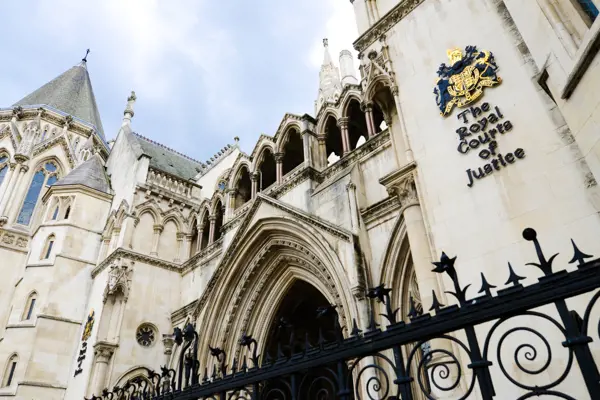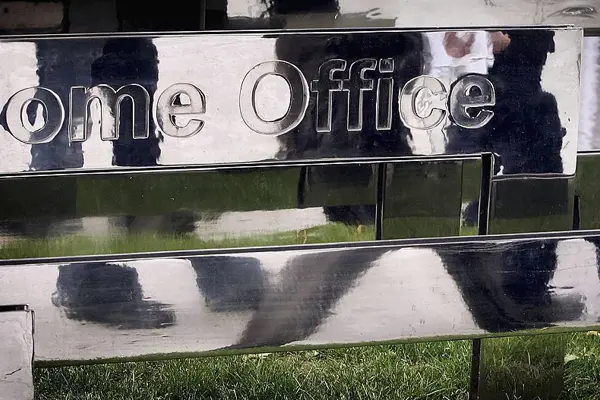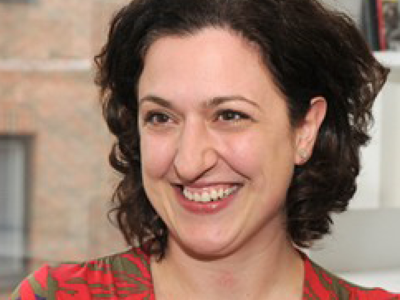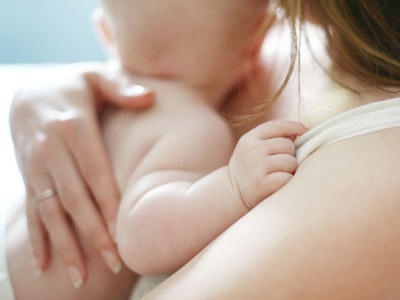
£290,000 settlement for mother denied a caesarean section for birth of first child
A woman who was denied a caesarean section delivery despite her many pleas in light of a painful condition has settled a claim for £290,000 with East Suffolk and North Essex NHS Foundation Trust (formerly Colchester Hospital University Foundation Trust).
Posted on 16 May 2023
The claim was brought by XY because of negligent maternity care at Colchester General Hospital during her first pregnancy, the delivery and following the birth of her child.
XY endured a traumatic forceps delivery and suffered a second degree tear and a rectovaginal fistula injury which was not identified until 11 days after delivery of her son. She suffered a severe worsening of the painful vulvodynia condition that she suffered before conception and a psychiatric injury, including post-traumatic stress disorder.
XY was represented in her claim by medical negligence partner Despina Kavadas who said the negligence began mid pregnancy when the trust failed to arrange for XY to see a consultant after the 20-week scan or early in the third trimester of pregnancy. Midwives were aware that XY was very concerned that a vaginal delivery would cause a serious deterioration in her vulvodynia and the condition flared up at 21 weeks gestation.
Two days past her due date, XY underwent a stretch and sweep at the Harwich Maternity Unit and the vulvodynia worsened considerably. She was referred to see a consultant obstetrician at Colchester General Hospital where she asked if she could have an elective caesarean, explaining that she was concerned she wouldn’t be able to care for her newborn if she experienced another flare-up. Vulvodynia had recently caused her such intense pain that she had been unable to dress or get out of bed.
The consultant did not agree to the c-section delivery but said she would discuss the option with a colleague. In her legal claim, XY said she should have been counselled about the risks of a c-section and the consultant should have arranged for the c-section as soon as possible. National Institute for Health and Clinical Excellence 2011 states that if a vaginal birth is not an acceptable option to the woman after discussion and the offer of support, she should be supported in her choice of a planned caesarean section.
In the event, XY heard nothing, and the following day began to show signs of labour, by this time a week past her due date. She argued in her claim that at this point she should have been admitted to hospital and prepared immediately for a c-section.
Instead, XY attended a hypnobirthing unit at Clacton Hospital where she was not examined, and a midwife made a birth plan. The following day XY went to Colchester General Hospital and was admitted to the delivery suite, where she heard obstetricians discussing her care outside the door. When they spoke with XY, she and her husband say they were left with the impression that the decision for a vaginal delivery had been taken and that neither obstetrician was prepared to discuss the possibility of a c-section.
XY says that had she had the opportunity she would have asked for a c-section. Instead, she was induced. In the early hours of the following day XY began shivering, her blood pressure and pulse increased, as did the fetal heartbeat. She was prescribed antibiotics, a swab was taken and she was given paracetamol.
XY's husband asked whether XY could have a c-section but was told that she had not reached that stage yet.
Five hours later, XY was told that there were two options for delivery: forceps or an emergency c-section, but there were risks attached to a c-section because the baby’s head was by now very low.
The forceps delivery took place, and an obstetrician repaired XY's second degree tear.
XY was immediately concerned that she had suffered a further injury which had not been addressed, but her concerns were dismissed.
Three days later after a post-natal doctor declined to examine XY, a maternity unit doctor examined her and saw that the perineum had broken down “but was not offensive”.
Seven days later, XY contacted her GP because she had begun to pass faecal matter through her vagina. She was sent to hospital and the rectovaginal fistula was finally identified.
A Serious Untoward Investigation Report conducted by Colchester Hospital University Foundation Trust found that a rectal examination was not carried out before the perineal repair, enough weight was not given to XY's complaints of vaginal wind and a rectal examination should have been considered to investigate this.
At first, the trust offered to settle the claim for £25,000. After it was provided with expert evidence to support XY's story, and a claim for £290,000, the trust instructed three of its own experts to assess her, which prolonged negotiations for a further year. However, when Despina asked to see the trust’s expert evidence, the trust finally agreed to pay the sum that had been requested originally.
XY said:
"Despina led us through everything so sensitively and professionally and we will be eternally grateful for this."
Leigh Day medical negligence partner Despina Kavadas said:
"I am very pleased to have secured this settlement for XY. The consequences of her injuries have been far-reaching for her both personally and professionally, and I hope that the compensation will help her to get the treatment and therapy she needs.”

Settlement for mother whose perineal tear has caused lifelong discomfort
A mother suffered a fourth-degree perineal tear during a forceps delivery performed without a protective episiotomy and without any other measures being taken to control the sudden delivery of the baby’s head and body.



